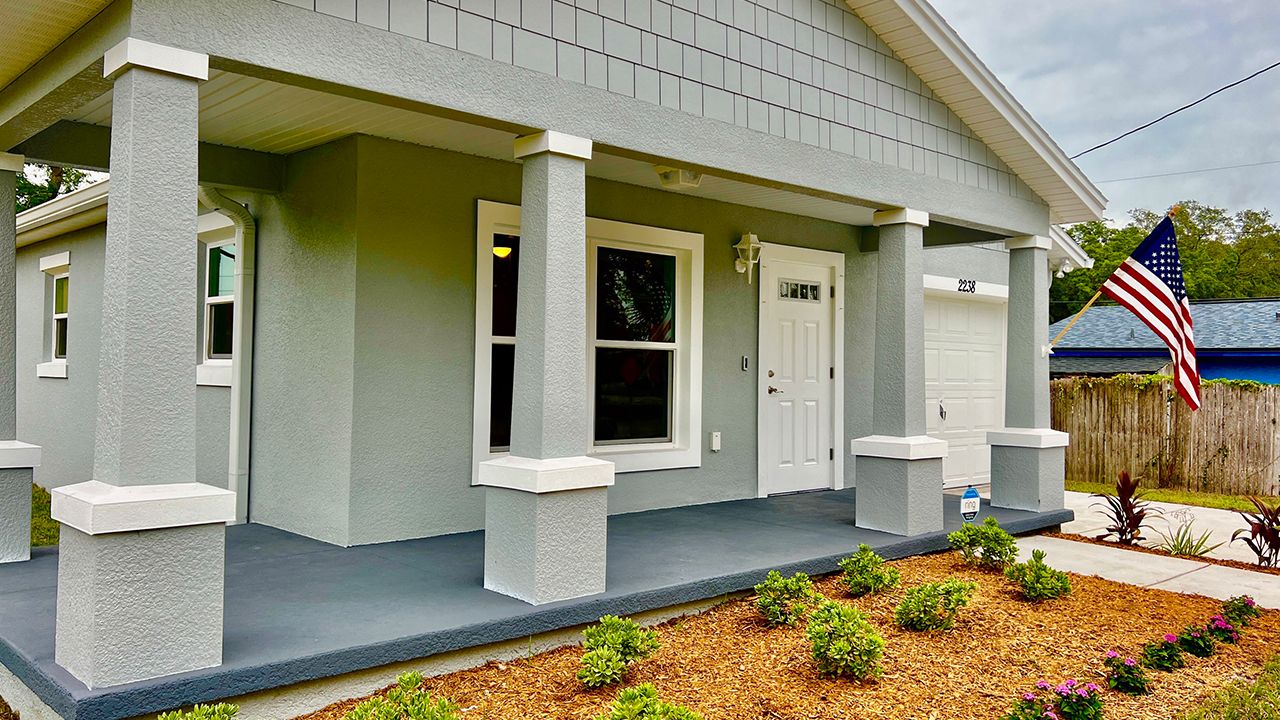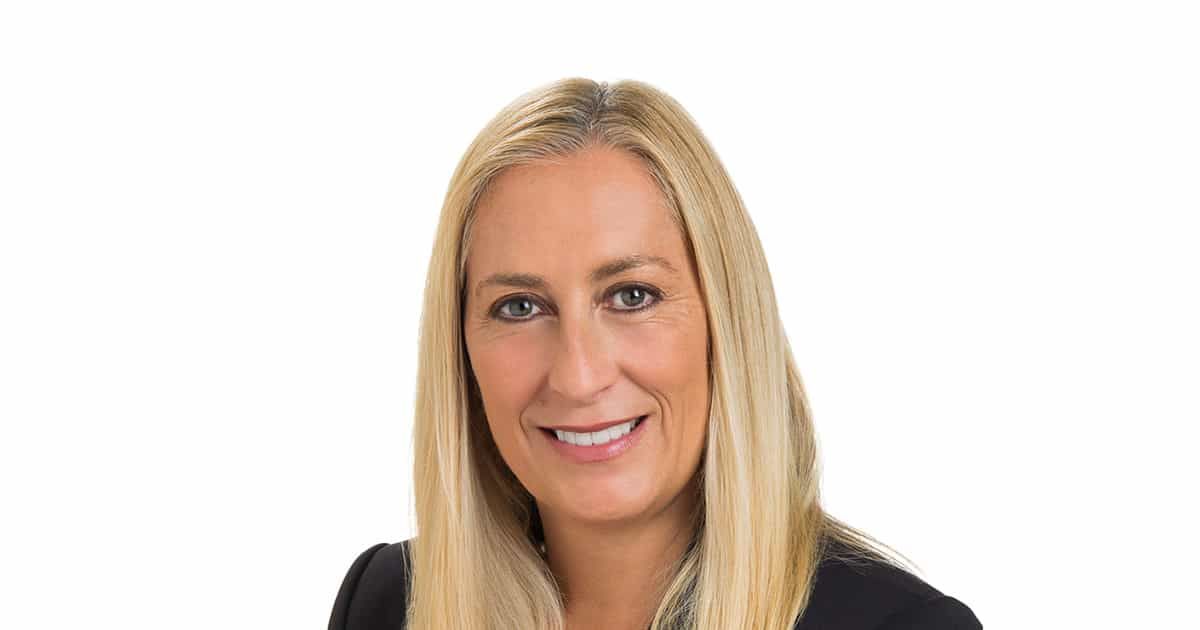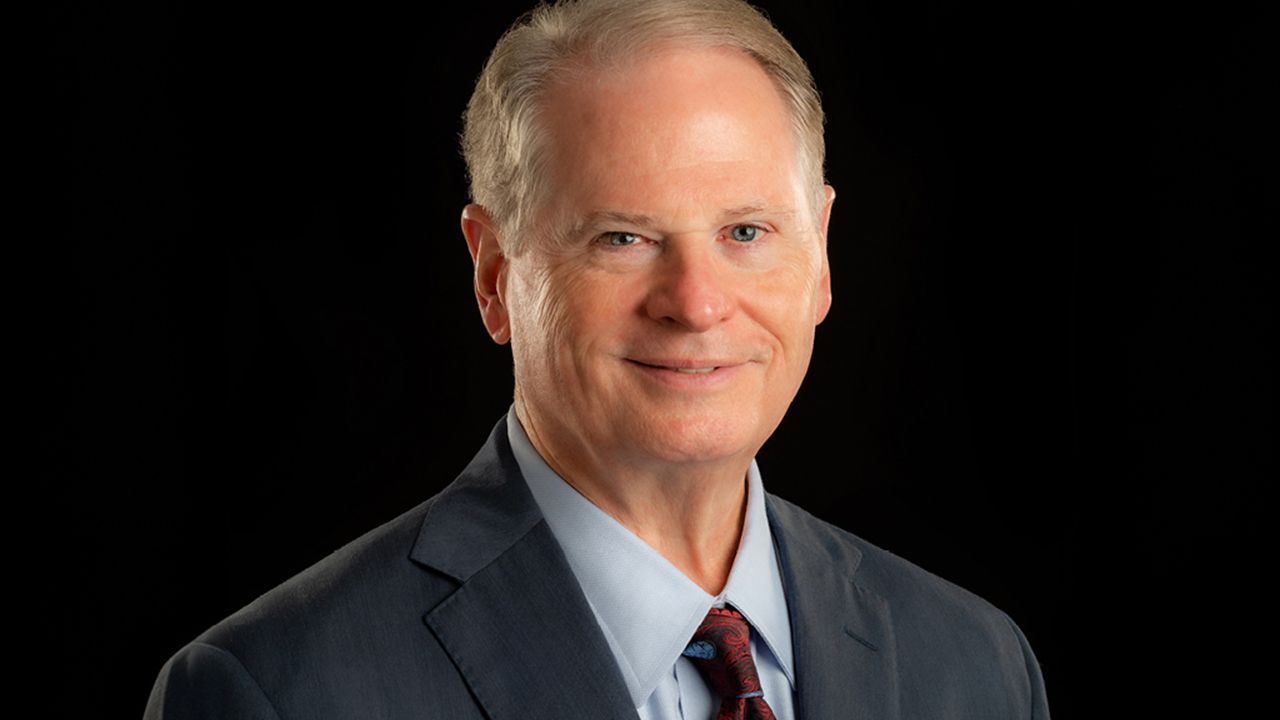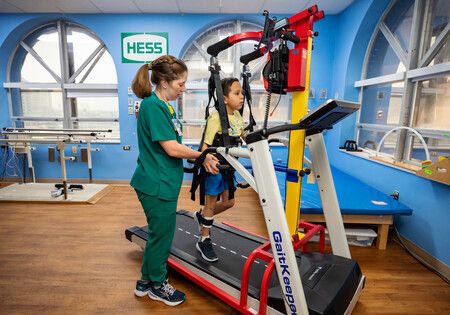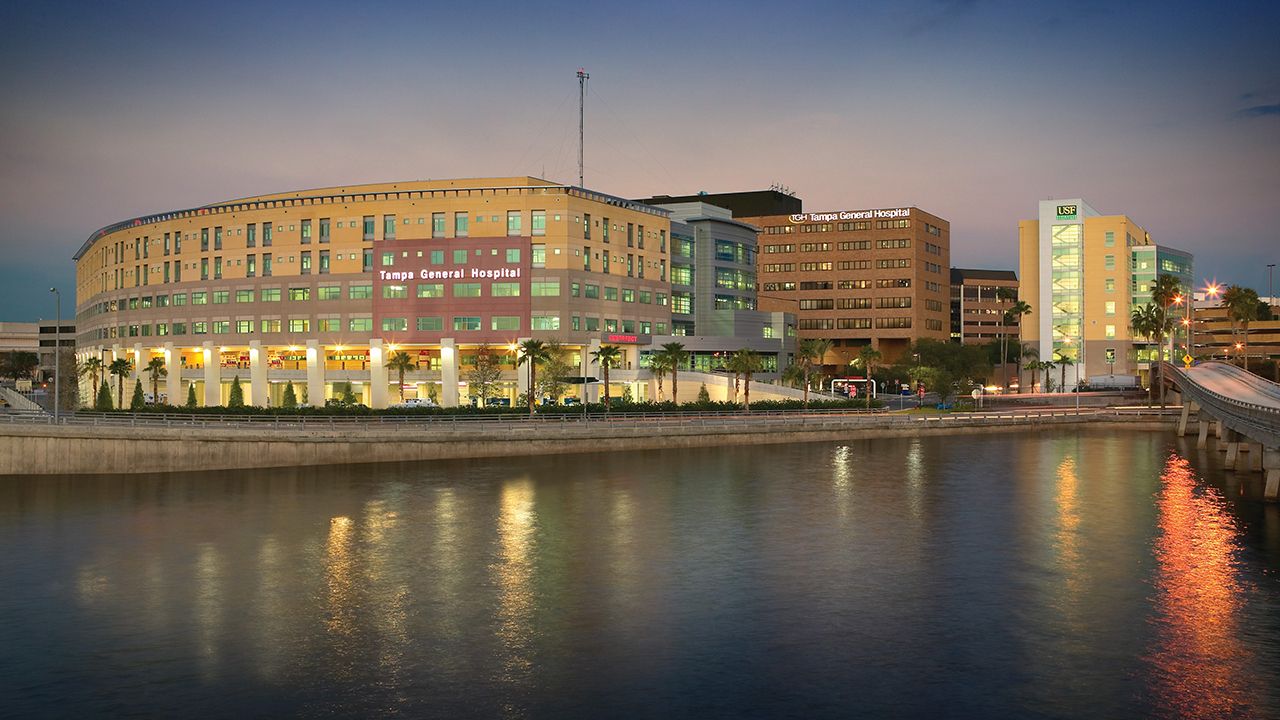By Willy Nunn, president and chief executive officer of Homes by West Bay
Attainable. Affordable. Housing. Tampa Bay no longer has a reasonable, available housing market. Rather, frightening statistics covered by local media outlets confirming that we are facing a housing crisis and, potentially, an even bigger economic one. Consider this data:
- Tampa Bay’s housing cost-to-income ratio has risen to 41% – up from an average of 23% over the last ten years.
- Apartment rents in Tampa Bay have increased over 25% in the last year.
- Average home payments climbed nearly 44% over the last year.
There is good news out there, too.
- We have regained jobs lost during the pandemic, and added more, bringing employment to 102% of peak levels.
- Tampa Bay has benefited by the work-from-home trend and business relocations. Redfin recently ranked Tampa Bay as the third most popular market in the country for homebuyers looking to relocate.
I believe the pandemic catalyzed work from home into the biggest influence on Florida’s growth since air conditioning. Recognizing we must accommodate our growth rate and address this dearth of rental and for-sale housing, I began reaching out to large and small business owners, economic developers, residential homebuilders and smart growth and public policy leaders about the Housing Crisis.
We agree it is an undersupply problem, solutions will not come quickly and we must be innovative and bipartisan. We are concerned about a dangerous ripple effect on the broader economy and its disproportionate impact to low- and moderate-income families. There is consensus that the housing crisis is too big, and important, for government and non-profits to address alone.
My initial thoughts come down to this: Reform zoning laws and land-use policies, align those reforms to leverage federal transportation initiatives encouraging transit and strengthen federal tax credits rental assistance and down payment programs. (We strongly believe that direct subsidies for affordable housing should go to those most in need.)
Reform zoning and land-use policies. Outdated land-use policies and codes have led to escalating prices on for-sale single-family homes and high-rent apartments, resulting in a shortage of affordable rental units and attainable starter homes. However, we can course correct significantly by allowing the repurposing of obsolete suburban retail properties with various housing types to construct walkable, affordable, mixed-use villages with self-contained essential services. (Work from home and delivery services of virtually all goods have changed our lifestyles and buying habits, dramatically.) Another reform could incentivize the development housing types such as townhomes, villas and accessory dwelling units.
Leverage transportation funding. Travel patterns are changing across the U.S. and Europe. In New York City, with its ample public transportation, weekly commuter travel has declined significantly as knowledge workers and their employers embrace work-from-home strategies. This is a fundamental shift, and Tampa Bay must rethink and better integrate our transportation choices with housing. The U.S. Department of Transportation is making available grant programs totaling nearly $6 billion, encouraging locally driven land use reform, density, rural main street revitalization, transit-oriented development and other transportation discretionary grant programs. DOT will also update its program guidelines to increase financial support for Transportation Infrastructure Finance and Innovation Act program projects that include residential development this year.
Strengthen the Low-Income Housing Tax Credit. LIHTC offers federal income tax credits to private investors in exchange for investments in affordable rental housing. The funding allows private developers to build affordable apartments that look the same as market rate and blend into existing neighborhoods. Most experts I have spoken with believe LIHTC has been the most successful public/ private tax vehicle for producing reasonable rents in recent history.
Our first reality is that Tampa Bay will continue to grow and we must ensure that existing residents and those who relocate to Tampa Bay experience a high quality of life and strong job market. Our second reality is that our collective future depends on generating reasonably priced and attainable rental and for-sale housing. We need to meet the increased demand with increased supply to keep the housing cost burden manageable for the workforce. And our third reality is that as we think through this housing crisis, we must address other comprehensive planning issues, including mobility choices, water and wastewater systems, sea level rise and natural environment, so that we continue to be one of the most sought-after destinations in the world.
And, finally, all of those I spoke with agree on one last thing: The process needs to start now and we stand ready and willing to help.
Wilhelm “Willy” Nunn is the President and CEO of Homes by West Bay, the largest locally owned, privately held homebuilder in Tampa Bay. West Bay employs 170 people, enjoys a 5% market share and is nearing a half billion in revenues annually.




